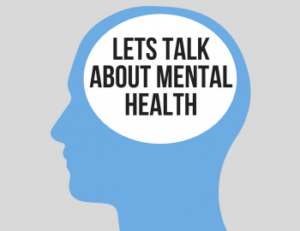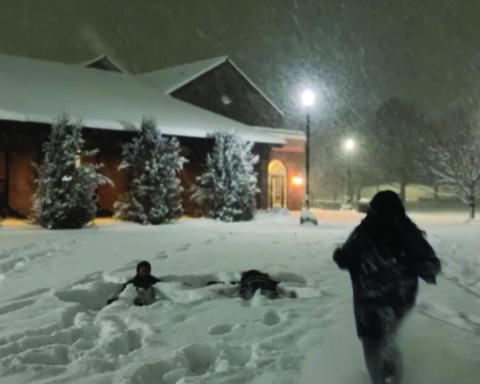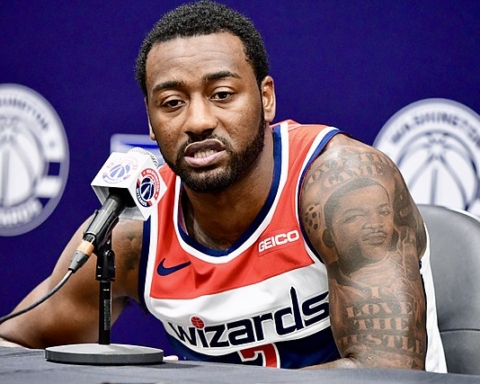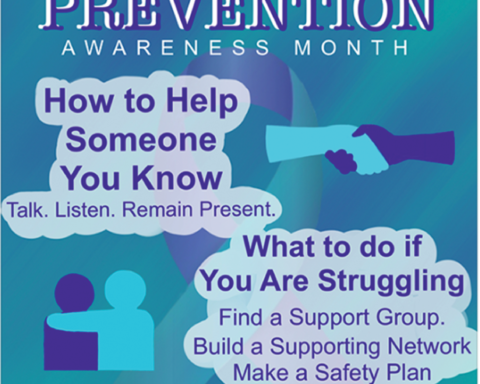
By Matthew Villanueva
Contributing Writer
The great Yankees catcher Yogi Berra once said “90 percent of the game is mental.” While very true for professional baseball players, it is also true for all college athletes.
College is hard enough by itself. Trying to balance academics, a social life, a sleep schedule and a personal life is tough. Add athletics which includes: 5:45 a.m. lifts twice a week, 3:30 p.m. yoga two more days a week and a 5:30 p.m. workout almost every day. Then add travel days and competition days. Balancing it all is almost impossible.
Despite being able to balance it all, and somehow seeming to be under control, student-athletes are not immune to mental disturbances. One in every five people suffers from mental health issues. On my cross-country/track team of about 24 athletes, statistically about five of my teammates suffer, or will suffer, from mental illness or other mental issues. Furthermore, another survey places student-athletes as more prevalent to mental illness than non-athletes. In a recent survey from the NCAA, about 50 percent of college athletes have felt distressed in the past 12 months.
The NCAA understands the troubles that their student athletes go through. Recently, in the end of November, the St. Bonaventure Student Athletic Advisory Committee (SBU SAAC), participated in an Atlantic 10 wide initiative, titled “#A10STRONG.” Each day for a week, committee members reported on a new theme relating to mental health. The intent was to bring awareness to the issue of mental health, highlighting resources and promoting conversations about mental health that many people tend to find uncomfortable.
Being a student-athlete, it becomes hard to reach out for help, thinking “everyone feels this way, they all have as much work as me,” or “I’m fine, I’m a Division I athlete, I can handle this.” But a recent study showed that almost 10 percent of student athletes deaths are due to suicide. There are a plethora of available resources for athletes besides the typical counselor. Coaches and teammates personify great outlets for help.
The final two tweets of the #A10STRONG program wrote: “Ultimately, student athletes need to be comfortable enough and feel they have a safe space to advocate for themselves… But also, to be willing to reach out to teammates if you feel they are in need of someone. Your team is a great built-in support system, and teammates should never hesitate to support each other.” #A10STRONG helped to promote conversation, even if it is just with a teammate or friend.
Let’s start the conversation. Check up on your teammates, even if they seem to be okay. Check up on your friends. Check up on everyone and anyone you know because maybe one day, you won’t be able to.
villanjv18@bonaventure.edu








